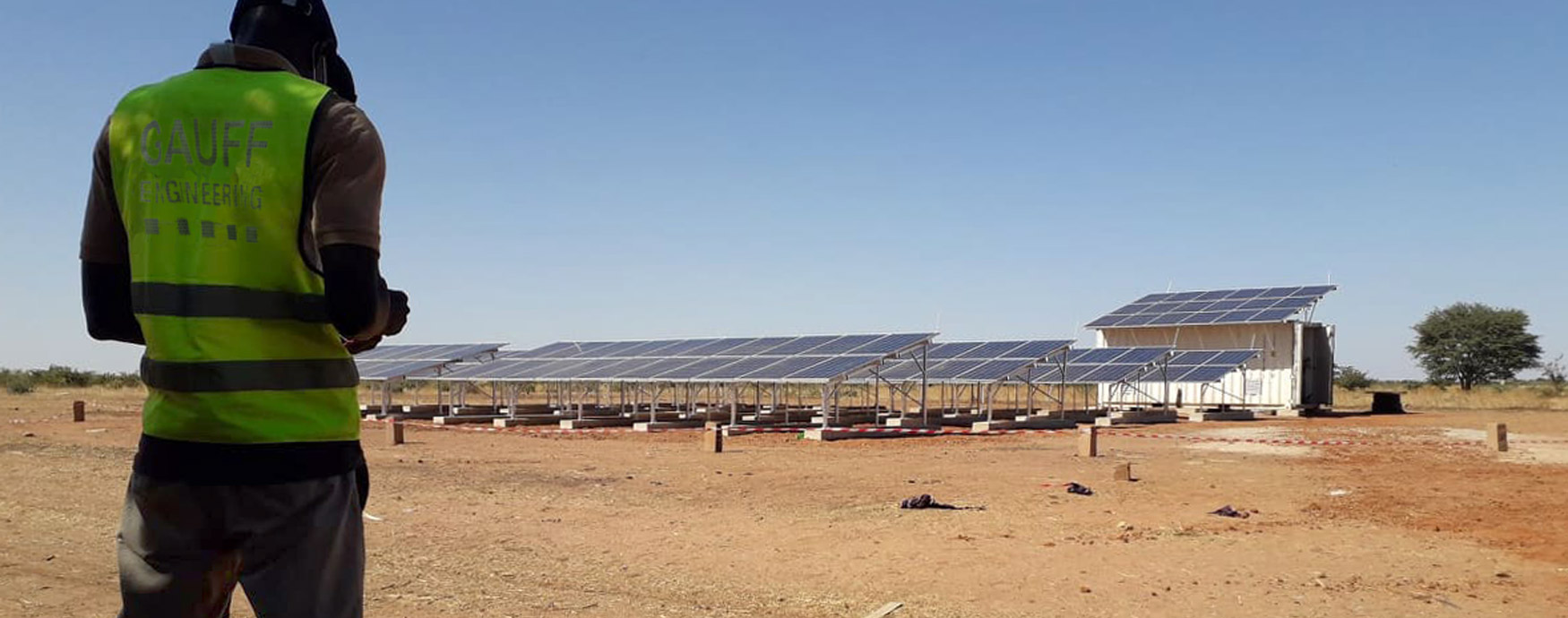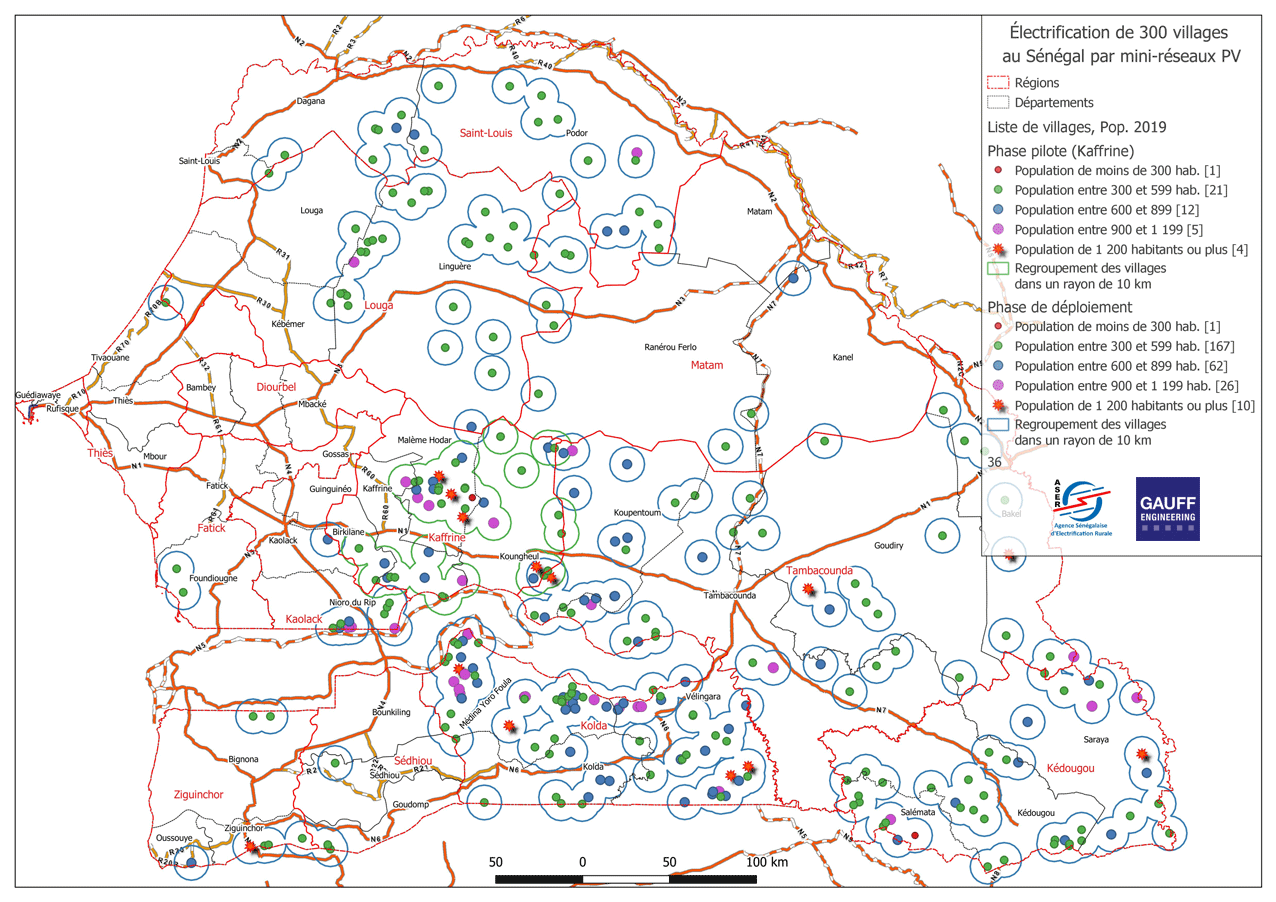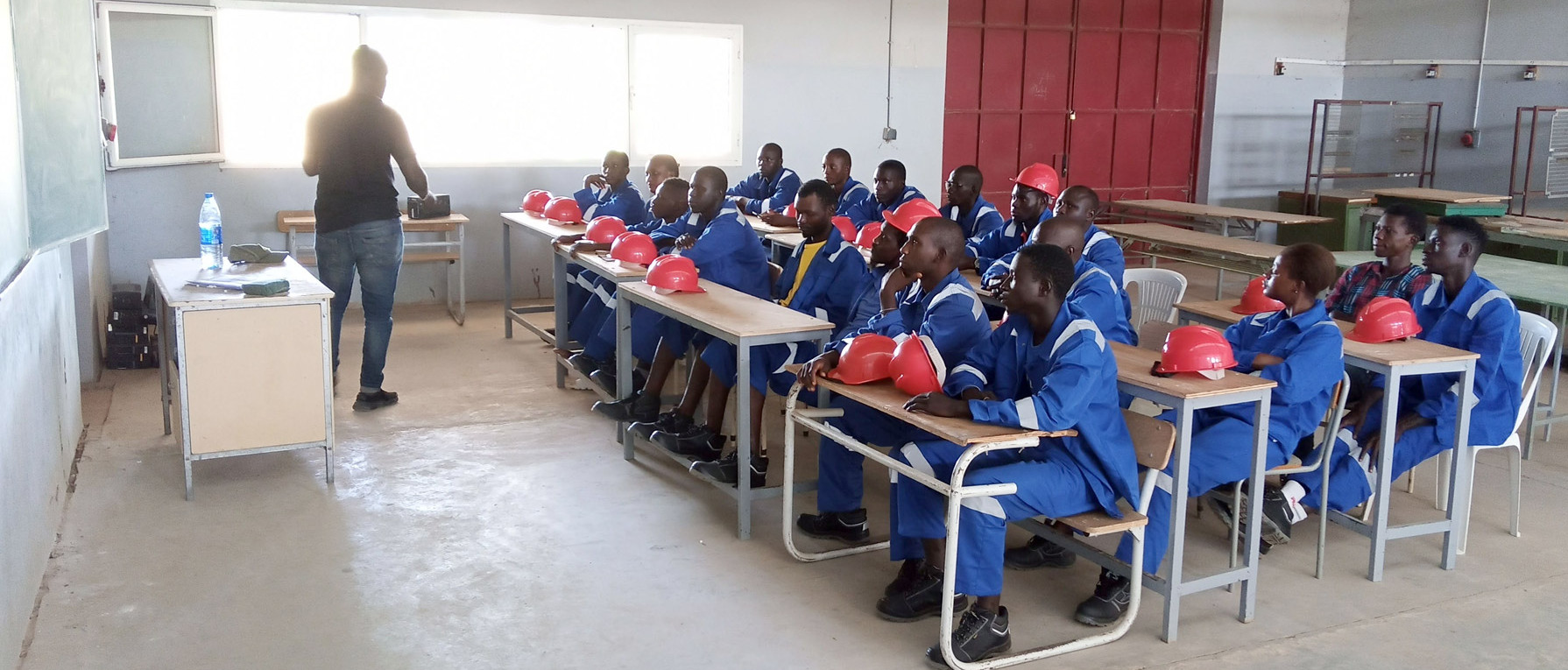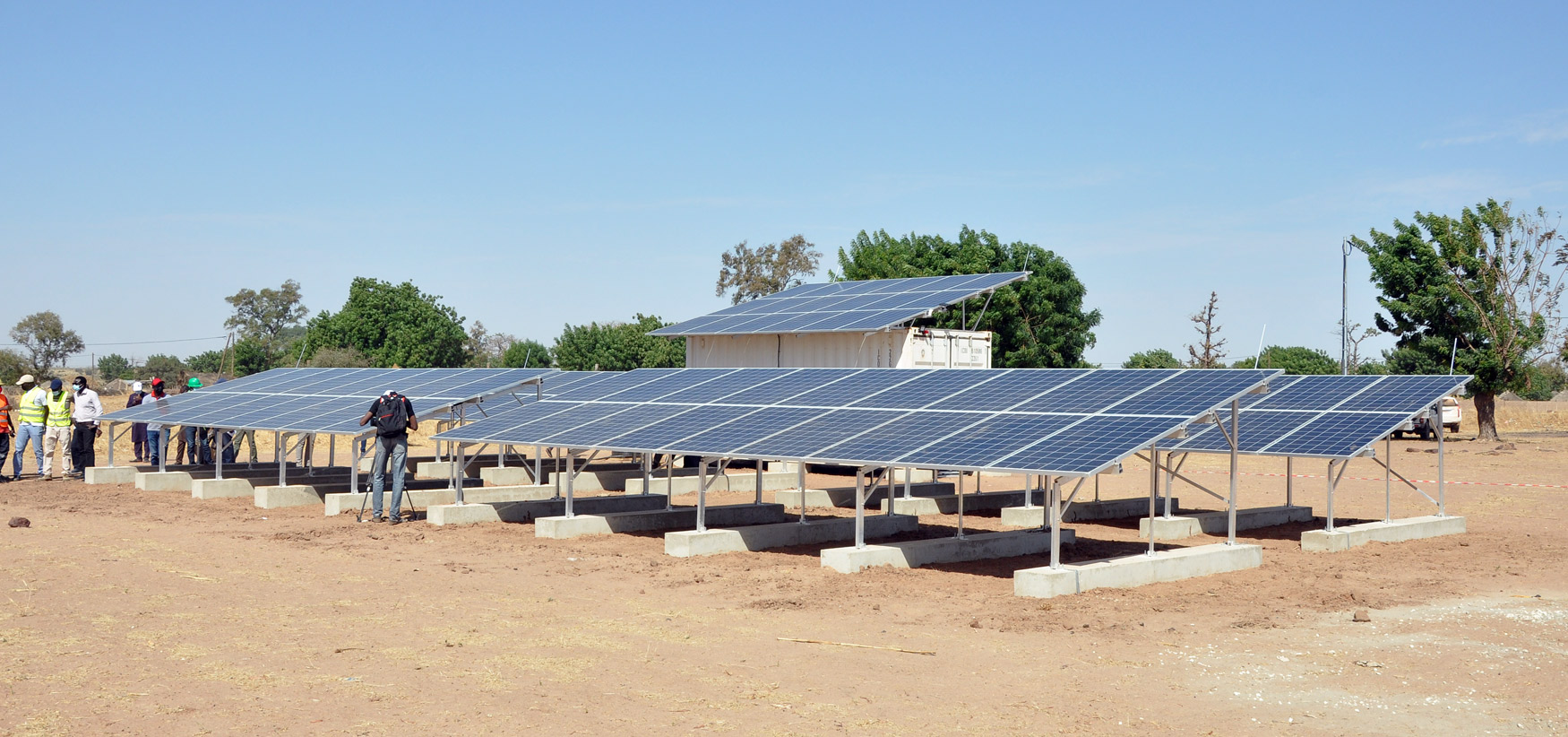
Solar Power for 300 villages in Senegal
Covered with Supplier Credit Cover and Buyer Credit Cover
In Senegal, many rural areas do not have access to electricity. Although the sun shines about 2,500 hours per year in this West African country, electricity from solar power plays only a marginal role so far. The Agence Sénégalaise d’Electrification rurale, ASER, wants to make better use of the country’s potential and promote electrification with the help of photovoltaics. It pursues a clearly defined aim: Remote villages are to be supplied with electrical power with the help of self-sufficient, solar-powered networks.
To realise this project, ASER looked for companies that take care of the project’s planning and realisation. GAUFF Engineering from Nuremberg, which has already monitored and implemented many infrastructure projects in Africa, was awarded the contract to electrify 300 villages. The plan is ambitious: In each village an 15 to 45 kWp photovoltaic plant including battery storage is to be installed. In addition to that, distribution networks with altogether about 840 km of laid cables and 25,000 poles have to be built. 3,600 LED lamps are to light ways and roads and thus improve security.
24,000 households will benefit from the project. They will not only be supplied with solar power but receive also five sockets and five LED lamps each.

Moreover, opportunities for a productive use of the energy are to be created. Depending on the region and the demand, the villages will receive additional water pumps, flour mills and peanut grinders, refrigerators for the infirmaries as well as tools that are available to the local craftsmen at a central kiosk. This will make the processing of agricultural produce and the establishment of small production plants in the villages possible. Thus, the electrification will provide opportunities to start a business – a perspective for a population suffering from high unemployment.
The components and equipment are primarily sourced in Germany while local companies carry out the assembly. It is not only the German companies alone that benefit from the project – in Senegal local specialists are trained who will be responsible for the day-to-day operation and maintenance of the photovoltaic plants. The courses, which are part of the training, are conducted by GAUFF Engineering in cooperation with Deutsche Gesellschaft für Internationale Zusammenarbeit, GIZ.
In Senegal local specialists are trained who will be responsible for the day-to-day operation and maintenance of the photovoltaic plants.

The previous practice to generate electricity with expensive and environmentally harmful diesel or fuel oil generators in the rural areas of this African country is gradually changing now. The first villages have already been electrified and benefit from the photovoltaic project. In order to meet the ambitions schedule, the installation work is simultaneously carried out in several villages. “The electrification of the villages is an important step for the social and economic development of Senegal’s rural areas”, states Uwe Gauff, principal shareholder of GAUFF Engineering. “The export credit guarantees of the Federal Government enable us to implement this forward-looking project without taking on major financial risks for our medium-sized company.”
While KfW IPEX-bank funds the development project, the Federal Government supports the project with supplier and buyer credit cover. The ECA-covered funds amount to a total of EUR 130 million EUR.

Photos: ©GAUFF Engineering
Back to the project overview
